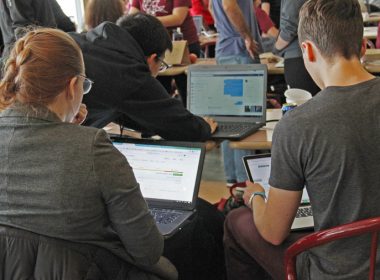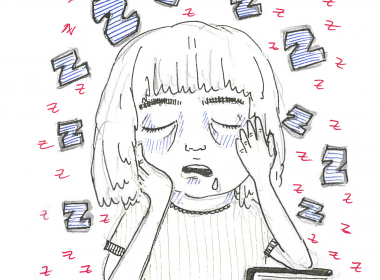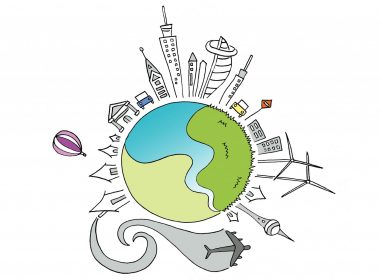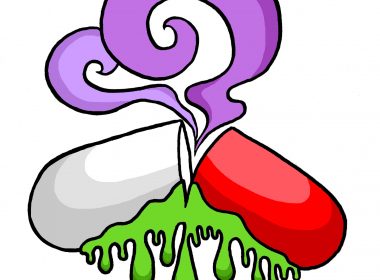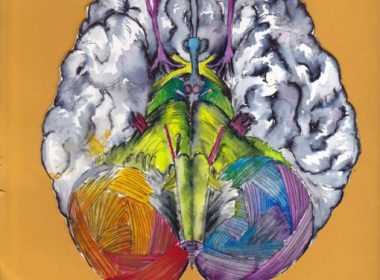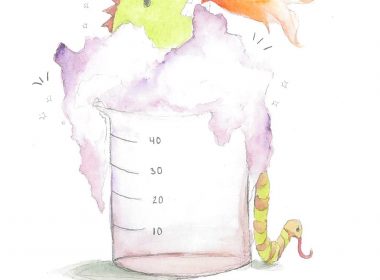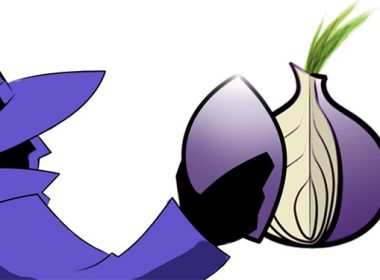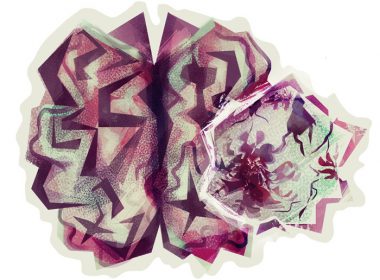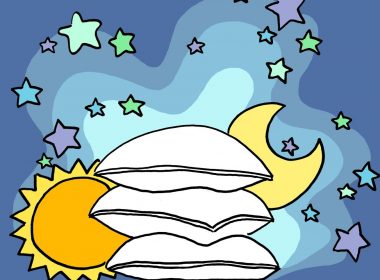The annual McHacks competition—a 24-hour student-run collaborative computer programming event—returned to McGill in full force over the weekend of Jan. 28 and 29. Since 2013, the hackathon has attracted programming veterans and rookies alike to Montreal to compete for awards and prizes from the event’s many sponsors. This year’s sponsors,[Read More…]
Science & Technology
The latest in science and technology.
McGill researchers advocate for delayed school start times for adolescents
With the onslaught of midterms on the horizon, sleep will likely be pushed down the list of students’ priorities. According to a report card issued by ParticipACTION, a Canadian non-profit organization focused on improving public health, 26 per cent of adolescents are either mildly or moderately sleep deprived. In addition[Read More…]
Communicating climate change in Canada
On Feb. 2, Media@McGill hosted a panel discussion on the role of journalism in effectively communicating climate change. NASA recently revealed that 2016 was the hottest year in history and the third record year in a row—the first time such a pattern has occurred since climate data collection began. Despite[Read More…]
McGill bioethicists argue for stricter limits on first-in-human clinical trials
The standards for drugs entering first-in-human (FIH) clinical trials are too low, argues Associate Professor Dr. Jonathan Kimmelman and PhD candidate Carole Federico in McGill’s Biomedical Ethics Unit. In a commentary published online in Nature on Jan. 30, Kimmelman and Federico maintain that evidence for drug efficacy is not emphasized enough before[Read More…]
MNI researchers link lack of pleasure from music with decreased connectivity in the brain
Researchers link lack of pleasure from music to dampened connectivity in the brain.
Safety first: A history of lab mishaps at McGill
Any student who has taken a chemistry lab at McGill is familiar with the infamous “Safety Lecture.” For most students, this means an hour of staring off into space as an overly-dramatic video shows acids inevitably spilled on unprotected eyes. Yet, such unfortunate accidents have such a low probability of[Read More…]
McGill Psychiatry professor directs documentary about divorced fathers in Montreal
In Canada, approximately 40 per cent of heterosexual marriages end in divorce, with women initiating 70 per cent of those breakups. In divorces that involve the custody of children, judges nearly always give full custody to mothers. Historically, a common custody arrangement only let the father see his children every[Read More…]
Using Tor for anonymous internet browsing
Commonly known as the “onion router,” Tor Project is a free software that allows users to browse the Internet anonymously. By defending against traffic analysis—a type of Internet surveillance—Tor aims to protect its users’ privacy and anonymity on the web. Tor works by creating a distributed, anonymous network. “The idea[Read More…]
MNI researchers create data model to isolate causes of Alzheimer’s disease
Alzheimer’s disease, first described by Alois Alzheimer in 1906, is a progressive brain disorder that causes debilitating cognitive impairments. Today, it is the most common cause of dementia, responsible for 60 to 70 per cent of 47.5 million cases worldwide. Due to its high prevalence, Alzheimer’s disease poses a significant[Read More…]
4 tips for a better night’s sleep
Ever wake up feeling tired after getting over eight hours of sleep? You’re not alone. For an activity that we have been doing since we were born, sleeping—at least, sleeping effectively—is not always easy. There are a variety of factors and processes that can make it difficult for students to[Read More…]
